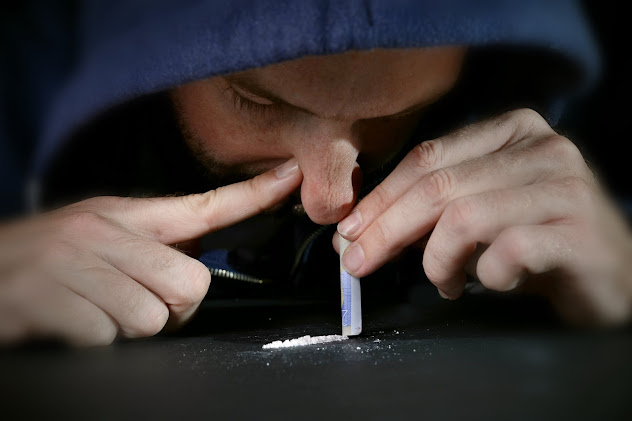The Signs, Symptoms and Treatment Options for Hydrocodone Addiction
If
you think that over-the-counter pain relievers are not deemed as deadly as the
addiction to cocaine, ecstasy or methamphetamine, think again. In fact, pain relievers that are sold under
the familiar brand name of Vicodin (which is just one of the many brands of
hydrocodone) are being abused by thousands, if not millions, of people today!
Read on to learn more about the signs, symptoms and treatment options for hydrocodone addiction.
Why is Hydrocodone Readily Available?
One of the major reasons for the rise in the numbers of people who fall prey to hydrocodone addiction is that it's (obviously) sold over the counter, and it's very effective, and you can get it with a doctor's prescription.
If your doctor prescribes hydrocodone for you, you should be made aware of how to take it properly, and how to avoid getting addicted to it. But, since hydrocodone is an opioid in a class of drugs that are called narcotic analgesics, they connect to the proteins in the brain and spinal cord receptors called opioid receptors.
Opioids interfere with pain, and alter or reduce it, by messing up the pain signals which head to the brain to change the person's perception of pain, as well as their emotional reaction to it. So, when used improperly, the individual could get hooked to the euphoric feeling it provides, and will want more of it on a regular basis.
What
are the Symptoms?
The signs and symptoms of hydrocodone addiction vary from one person to the other. The most common signs and symptoms, include dizziness or lightheadedness, a slower heartbeat, seizures, nausea and vomiting, fear and depression, confusion and headaches.
But wait, there's more! The other signs and symptoms
include ringing in the ears, blurred vision, cold and clammy skin, slowed
breathing, sleepiness and muscle weakness. So, if you know of someone who
exhibits most of these symptoms, refer them to a drug intervention specialist
quickly!
What are the Prevention and Treatment Options?
One of the best ways for preventing hydrocodone addiction would be to take the drug exactly as your doctor prescribes it. It's also important that you record your pain in a diary while you take it, so that you can review it from time to time to see how you are progressing.
If your pain is decreasing, let your physician know, so that he or she can either gradually reduce the dosage, or immediately order you to stop taking it. And, if you suddenly feel a craving for the drug, tell your doctor quickly so they can work with you in developing an addiction!
But, if you can't quit on your own, you can join various treatment programs for treating hydrocodone addiction . A long-term addiction to the drug may require a longer recovery period, and continuing intervention via group therapy or counseling.
The patient could also consider joining a support group
during and after recovery. They could join organizations like Alcoholics
Anonymous or Narcotics Anonymous, so that they can totally avoid a relapse with
hydrocodone, or with another drug.



Comments
Post a Comment